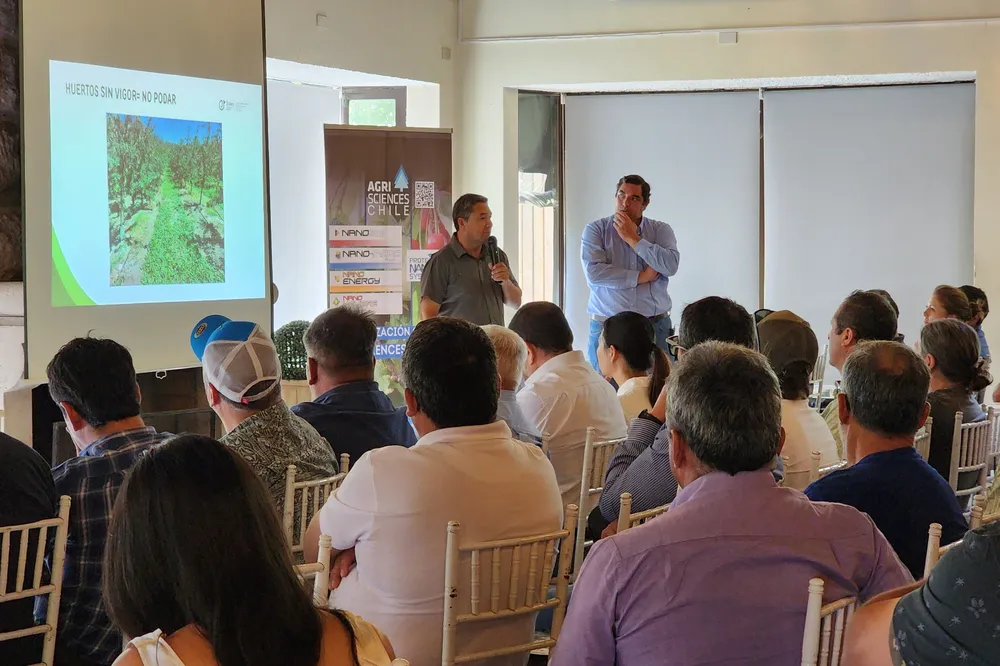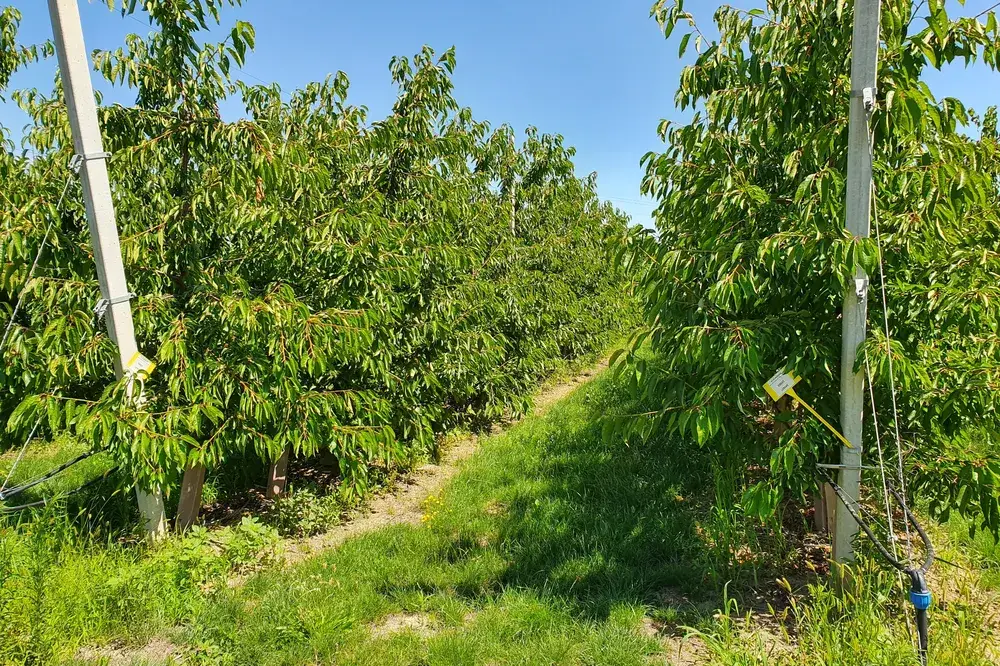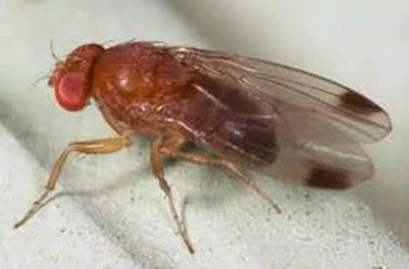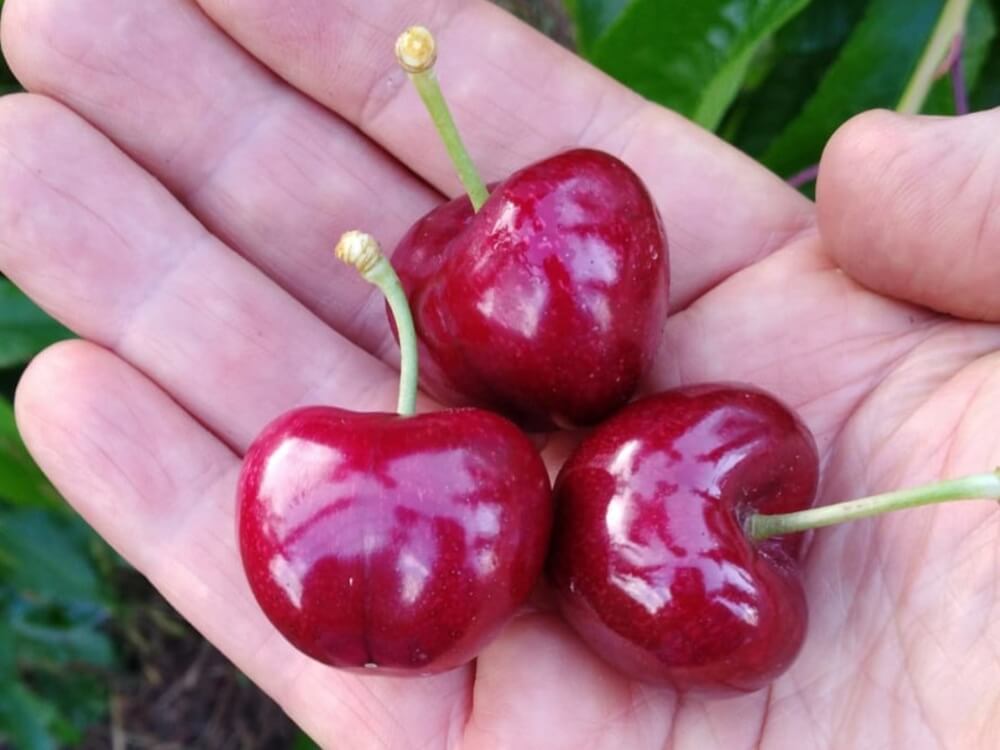Agri Sciences, with the support of its distributor Martínez y Valdivieso, gathered around a hundred people for a technical discussion that allowed, with the support of industry experts, to outline the current landscape, review the past season, and project the future one.
The importance of meeting with producers, consultants, and suppliers lies in staying up to date on the topics that matter most to the cherry industry; in this case, post-harvest management and how we approach summer while preparing for winter, cold accumulation, and dormancy. GreenNetwork and Smartcherry.cl were on the field covering the event.

The Seminar in Curicó
The seminar "Cherries: The Importance of Post-Harvest Management", held at the Spanish Center of Curicó, brought together more than 100 farmers, consultants, exporters, and other stakeholders related to the cherry industry in the region. This meeting promoted a critical and constructive dialogue space.
Consultants Ricardo Miño and Lucas Ferrada shared their experiences and strategies for successful post-harvest management. Lucas Ferrada, a specialist in plant nutrition, commented:
"Participating in initiatives like these discussions is essential for the agricultural sector. These are moments when we can generate real dialogue, where producers' opinions can be gathered and different viewpoints heard.
These types of meetings provide a valuable opportunity to exchange experiences and best practices. Post-harvest is a crucial stage that affects not only productivity but also long-term profitability."

Strategies and Innovations
During his presentation, Ferrada emphasized the importance of starting post-harvest fertilization, saying: "We are in a period where we need to prepare plants to stay healthy during the summer while accumulating the necessary reserves to face the reproductive season in spring.
It is essential to recover and optimize root quality, which will enable us to ensure a good start and a successful production cycle."
Additionally, Francisco Olivares, Head of Research and Development at Agri Science Chile, highlighted high-tech fertilizer innovations and their impact on crops, stating: "Inviting farmers to be part of Agri Sciences' innovation means providing a space to share the experiences we have gathered over the years.
Using products like the Fusamel line and Nanofertilizers increases crop efficiency, which is crucial for improving sustainability and productivity. We want our farmers to feel supported and understand that each product is designed to solve specific problems they face in the field."
New Technologies for Agriculture
Olivares explained that Nano Energy contains elements similar to many other products, including nitrogen, phosphorus, and potassium, as well as Ascophyllum Nodosum. However, what gives the product its distinctive value is its technology, called Proteck Nano System.
During production, the particles are subjected to high pressures and temperatures, reducing their size to below 100 nanometers.
The Fusamel Paste line has demonstrated positive results in various farmers' fields, supported by rigorous experiments conducted in collaboration with major agricultural companies.
These studies have demonstrated the effectiveness and profitability of Agri Sciences' complementary strategy, positioning it as a viable alternative for a more sustainable and productive agriculture.
Experiences and Perspectives
In cherry orchards, experiences are consistent across different production scenarios, shifting the size curve towards larger diameters, improving fruit quality and condition, and consequently increasing profitability. The strategy with the Nano line and Fusamel is the pillar of planning programs developed for at least five years with industry consultants.
Juan Pablo Zúñiga, Commercial Director of Agri Sciences Chile, emphasized the importance of such initiatives, stating: "It is essential for our farmers to participate in spaces like this, where information flows, interaction is encouraged, and practical support is provided.
These discussions offer the opportunity to openly discuss the challenges and results that producers are experiencing, which is fundamental for the development of the sector."
Carlos Tribelli, a farmer from the region, shared his personal perspective: "Participating in these initiatives is very valuable and important because there is always something new to learn.
Each meeting brings fresh ideas and perspectives that can be crucial for improving our agricultural practices. The cherry industry is constantly evolving, and we must keep up with the times to remain competitive in the market."
Conclusions
The seminar provided a space for technical learning and updates, as well as a moment of connection and dialogue, essential for strengthening cherry production practices and improving results in the field.
Source: Green Network
Cherry Times - All rights reserved












